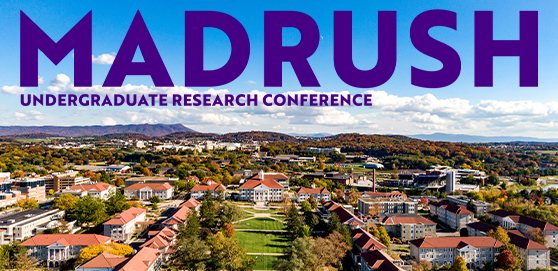
Abstract
Following the decline of Christianity in mainstream Western culture, a void rose in the moral and societal code. Those writers that emerged presented alternate visions that worked their way into the literature of the 20th century. Karl Marx's interpretation of the structure of labor in capitalism presented a new societal hierarchy whose finer points have been worked out in the complex film Blade Runner. This dystopian nightmare, in which a Marxist interpretation of current society bogged down by the ennui of capitalist accumulation is confronted, describes a new religious order based upon this economic theory. Central to this reimagining of modernity are the androids, who embody the Marxist theory of labor and are also laden with religious imagery.
Included in
Economic History Commons, Film Production Commons, History of Christianity Commons, Labor Economics Commons, Other English Language and Literature Commons, Other Film and Media Studies Commons, Visual Studies Commons
Blade Runner and the Divine Menace
Following the decline of Christianity in mainstream Western culture, a void rose in the moral and societal code. Those writers that emerged presented alternate visions that worked their way into the literature of the 20th century. Karl Marx's interpretation of the structure of labor in capitalism presented a new societal hierarchy whose finer points have been worked out in the complex film Blade Runner. This dystopian nightmare, in which a Marxist interpretation of current society bogged down by the ennui of capitalist accumulation is confronted, describes a new religious order based upon this economic theory. Central to this reimagining of modernity are the androids, who embody the Marxist theory of labor and are also laden with religious imagery.


